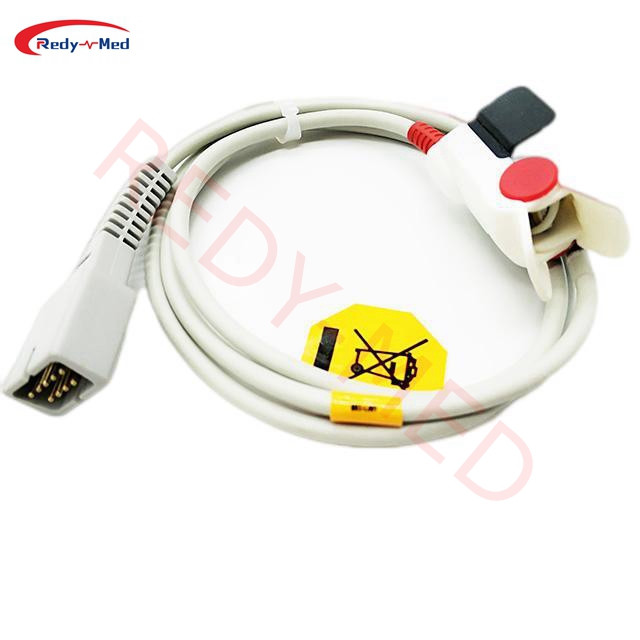
How to use a portable blood oxygen saturation monitor
2024-03-21 00:03:27
Optimize Your Health with a Portable Blood Oxygen Saturation Monitor

Do you want to take charge of your health and monitor your blood oxygen levels on the go? A portable blood oxygen saturation monitor is just what you need. This handy device allows you to keep track of your oxygen saturation levels anytime, anywhere. Whether you have a medical condition that requires continuous monitoring or you simply want to ensure your well-being during physical activities or travel, this article will guide you on how to use a portable blood oxygen saturation monitor.
Step 1: Familiarize Yourself with the Device
The first step in using a portable blood oxygen saturation monitor is to become familiar with the device. Read the user manual thoroughly to understand its features, settings, and functionality. Take note of any specific instructions provided by the manufacturer.
Step 2: Prepare the Device
Before using the monitor, ensure that the batteries are fully charged or replace them if needed. Some monitors may have a USB charging option as well. Clean the device, especially the sensor area, with a soft cloth to remove any dust or debris that may interfere with accurate readings.
Step 3: Positioning and Usage
Position your finger properly on the dedicated spot or slot for the sensor. Make sure the sensor is aligned with your fingertip, and then gently press the button to start the monitoring process. Keep your hand still and avoid any unnecessary movement during the reading. Wait for the monitor to display the results.
Some monitors may require you to wear the device on your wrist or attach it to your earlobe using a clip. Follow the manufacturer's instructions for proper placement and usage.
Step 4: Interpret and Record the Results
Once the reading is complete, the monitor will display your blood oxygen saturation level as a percentage. Normal oxygen saturation levels range from 95% to 100%. If the reading falls below this range or if you experience any symptoms, consult a healthcare professional for further evaluation. Keep a record of your readings over time to track any changes and discuss them with your healthcare provider if necessary.
Remember that a portable blood oxygen saturation monitor provides valuable information, but it should not replace professional medical advice. If you have any concerns about your health or suspect any underlying medical conditions, seek guidance from a healthcare professional.
Embrace Monitoring for a Healthier Lifestyle
Using a portable blood oxygen saturation monitor empowers you to take control of your health and make informed decisions. Regular monitoring can help you identify potential health issues, assess the impact of physical activities or altitude changes, and ensure your overall well-being. Start incorporating this device into your routine and enjoy the benefits of knowledge and peace of mind.
Conclusion
With the help of a portable blood oxygen saturation monitor, you can easily monitor your blood oxygen levels wherever you go. By following the simple steps outlined in this guide, you can optimize your health, track any changes, and seek medical assistance if necessary. Remember, your well-being is in your hands, and this device will be your reliable companion along your health journey.
Get the latest price? We'll respond as soon as possible(within 12 hours)




